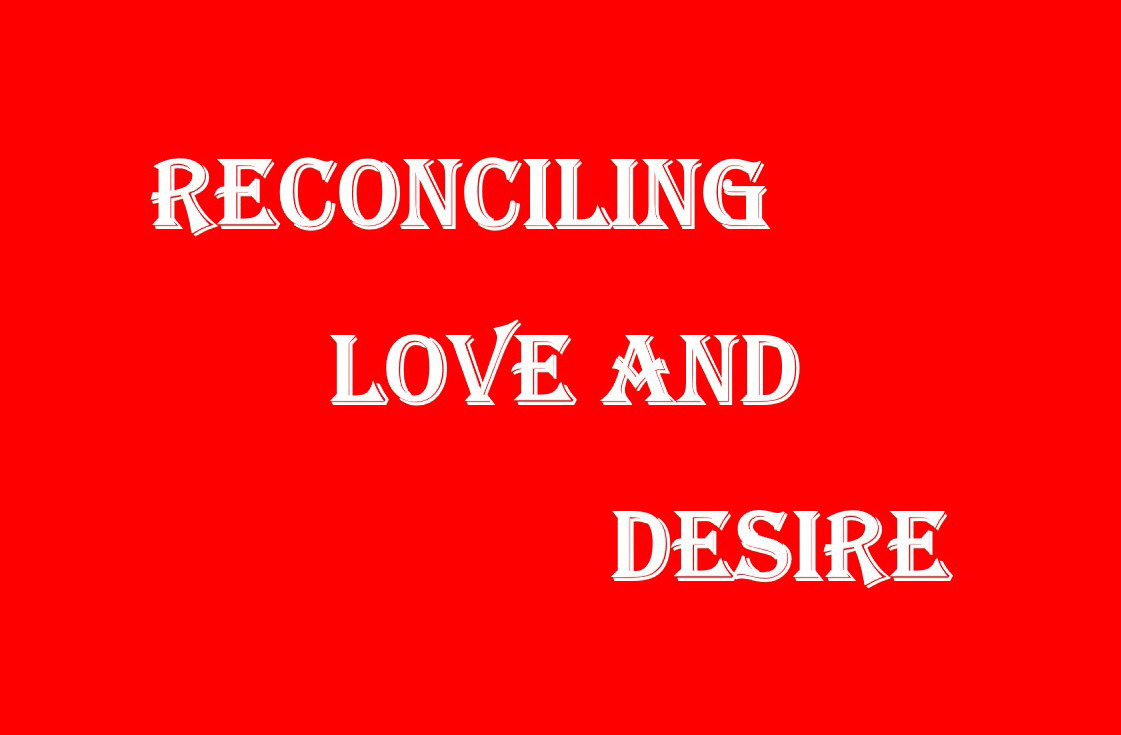HAPPY VALENTINE’S DAY !
Valentine’s Day is a celebration of romance. Thus, it’s the perfect time to reflect on the complexity and mystery of love and sex.
While its name, Saint Valentine, has a Christian origin, the festival itself began as the Roman fertility festival, Lupercalia. While Pope Gelasius banned Christians from celebrating Lupercalia in the 5th century, the actual observance of St Valentine’s Day did not begin until sometime in the 14th century.
Apart from its historical origins, the meaning of the day is complicated by an ongoing tension between the different meanings of the word love. The Greeks had many words to express the different kinds of love. e.g.:
- Philia or brotherly love
- Agape, or love for everyone
- Storge, or motherly/familial love; and
- Eros, or sexual passion.
The real tension among these types of love was between eros and agape. (10 Key Things That Differentiate Love and Desire)
Christianity and Sex
Historically, when the Roman Emporer made Christianity the official religion of the empire, the Church’s antipathy toward sex was magnified throughout Western culture.
Christianity, unlike other religions, was wary of sensual pleasure and separated sex from love and spiritual practice. It understood love as selfless and sexless agape.
Worse than that, according to St. Augustine, the lustful feeling experienced during sex was the way original sin was passed down from one generation to the next. Essentially, Christianity did not consider erotic love to be love at all.
Romantic Myth #1: Love is Indestructible
Putting traditional church doctrine aside, Christianity influenced popular but misleading notions of love as well.
Part of the problem stems from St. Paul’s writing about love. He states, “Love is patient and kind; love is not jealous or boastful; [5] it is not arrogant or rude. Love does not insist on its own way; it is not irritable or resentful; [6] it does not rejoice at wrong but rejoices in the right. 7 Love bears all things, believes all things, hopes all things, endures all things.8 Love never ends;” Ist Corintians 13:4-8 RSV.
While writing a beautiful description of love, he completely ignores love’s sexual aspect. Likewise, he fails to acknowledge human love’s fragile nature and reality.

Indeed, human love can end. It is not indestructible. Abusive behavior can destroy love and passion, while loving behavior can make them last a lifetime.
Apart from religion, culture perpetuates/ other mythical notions of romantic love, which are misleading. One in particular is the magic or “star-crossed”
This myth sees love as beyond human control; it just mysteriously happens. Likewise, if it goes, it is gone, and nothing can revive it.
Romantic Myth #2: Love is Natural
Closely tied to this myth is another erroneous romantic notion that love is natural and requires no effort. In fact, love is very unnatural. It takes effort to overcome our selfish tendencies and be considerate of the other person.
Psychologically, notions that love is indestructible and mysterious are false. Love is fragile, but it is no mystery how it is sustained. Keeping love alive requires an intentional and ongoing effort.
Love, in an intimate relationship, is like a garden. If you neglect it, you get bugs and weeds. If you tend to it, you will enjoy beautiful flowers or vegetables.
This goes for sexual passion as well. Romantic myths falsely believe that when the feelings (including sexual desire) are gone, there is no way to get them back.
Although human love is fragile, it is also resilient. If love has left a relationship due to neglect, it can be brought back with loving care and attention.
It is important to emphasize that reconciliation does not happen “naturally.” Once again, it requires intentional effort.
Love will not magically return simply with time. Real change, ongoing consideration, and kindness are needed to restore it.
The Science Behind Love and Arousal
And here is the crucial part about the relationship between love and desire that people misunderstand. Most folks know that even though we love our partner, it doesn’t mean we always want to have sex with them.
Even though we are attracted to our partners, attraction is not enough. Our ability to become sexually aroused or desirous depends on a number of things, including our emotional state.
Things like illness, fatigue, stress from work, kids, or unresolved resentment can all prevent one from feeling amorous.
To be arousable, a person must be relaxed, feel safe, and be present in the moment, not distracted by other concerns.
Feeling loved is also crucial for feeling open to sex. Even though we love our partners and know that they love us, we may not always feel loved, and there is the rub.
When people do not feel loved, they may not feel safe with their partner. Neurologically, when a person feels unsafe or mistrustful, they are unable to access erotic feelings.
The good news is that when people feel safe and trust their partner, they can become aroused. Thus, couples who want to reignite sexual passion need to focus on ways to increase mutual feelings of safety and trust, not sex. If you succeed with the former, the latter will follow automatically.
—————————
In addition to celebrating your love, Valentine’s Day provides an excellent opportunity to discuss romance in your relationship.
It is a good time to identify relationship problems and conflicts and re-commit to making positive changes.
A regular relationship check-up is a great way to ensure your love will last and flourish. The bottom line is that with proper care and nurturing, not only love but the romantic excitement in your relationship will last forever!
Rev. Michael Heath LMHC, Fellow A.A.P.C. 2 13 2025





